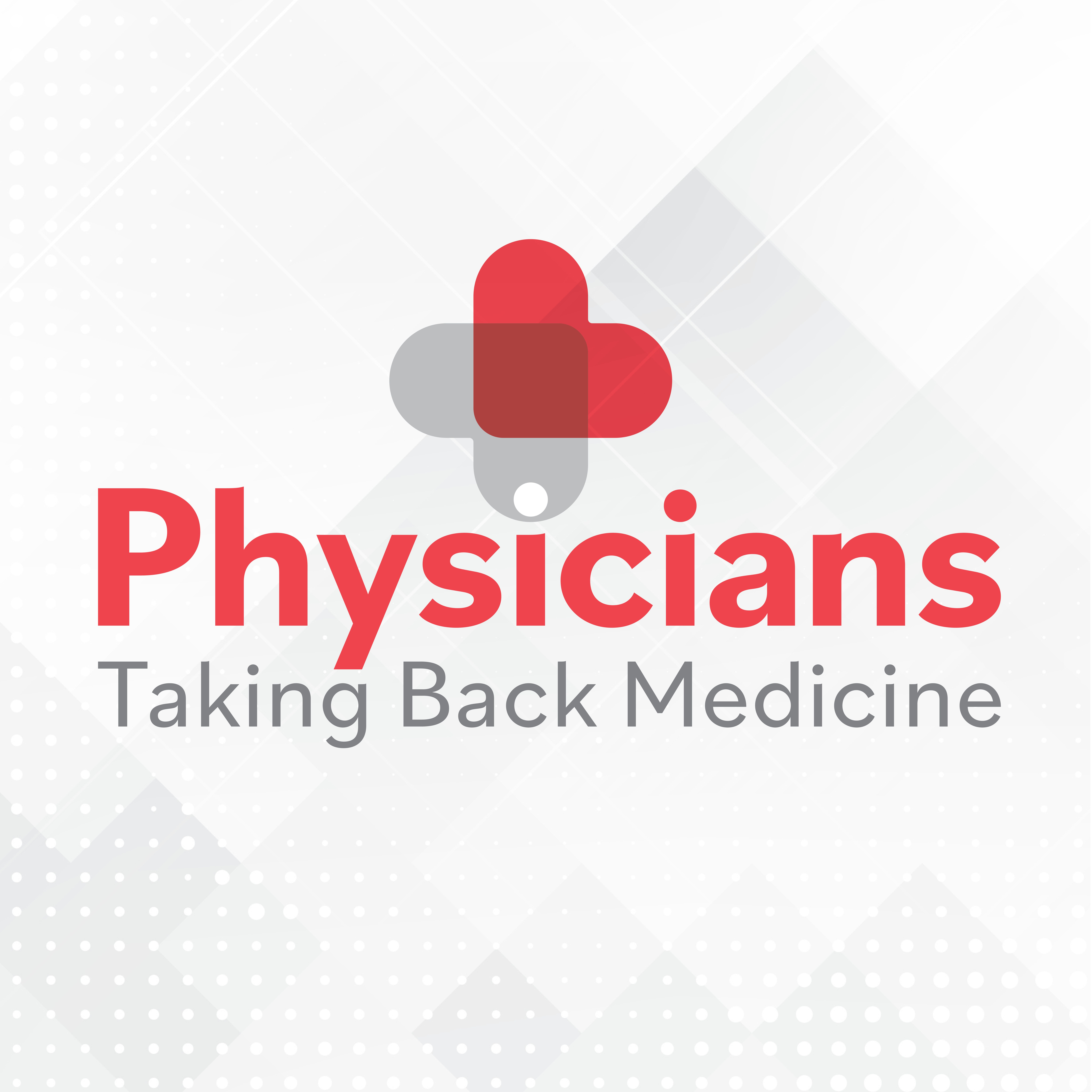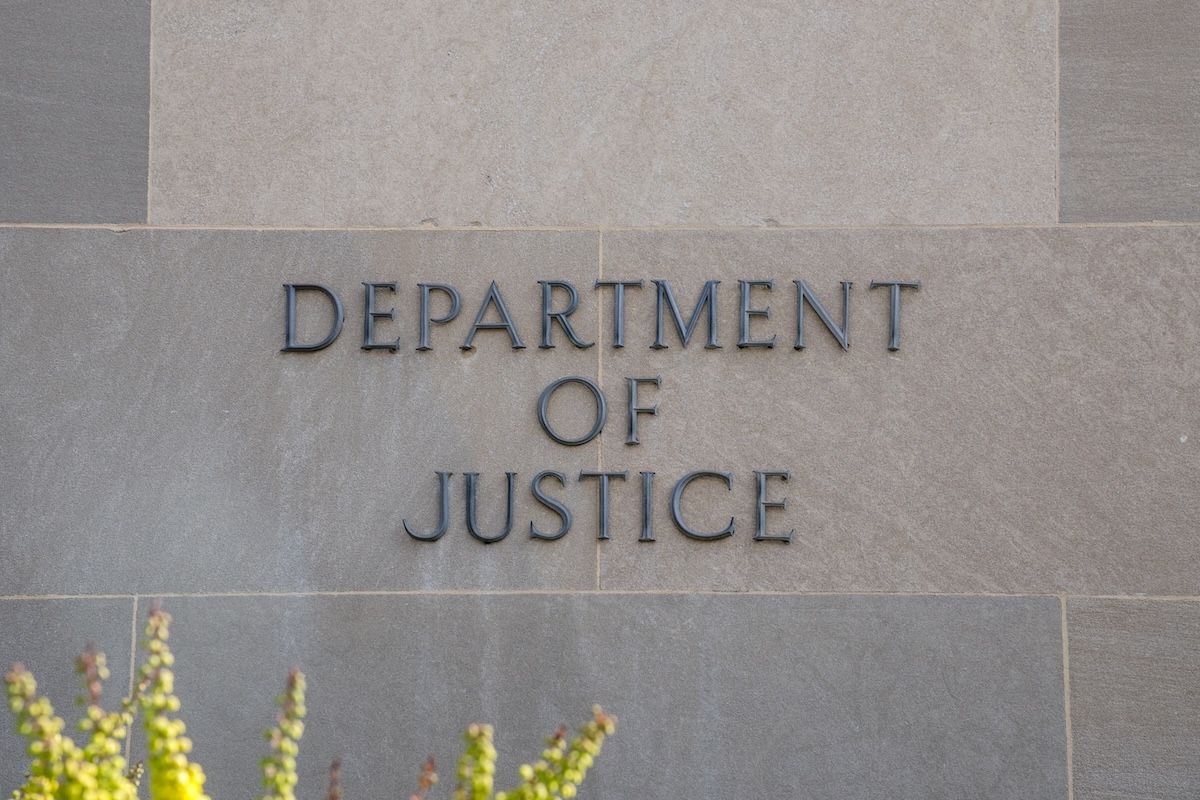Commentary
Article
How lack of adequate reimbursement is failing patients with chronic kidney disease
Author(s):
The proposed meager Medicare reimbursement increase for dialysis providers marks the fifth year in a row that the agency has failed to capture actual increases in labor and treatment costs.
Mahesh Krishnan, MD, MPH, MBA

Kidney disease is rapidly becoming a worldwide public health epidemic. Today, nearly 37 million Americans have chronic kidney disease (CKD), yet only about one percent of those Americans are even aware of their disease. We are seeing good advances in the slowing of CKD progression with pharmaceuticals, and there are exciting developments in transplant, such as xenotransplantation, but the dialysis infrastructure in the US is facing serious issues. Historically, the US ensured that access to dialysis is readily available regardless of socioeconomic or geographic access.
I worry, however, that as a nation, we are failing to meet this challenge.
Today, access for Americans is threatened. A recent publication showed that from 2021 to 2023, over 200 US dialysis facilities closed, and access to dialysis care in various parts of the US has decreased. In this constrained environment, both care providers and patients are being forced to navigate and react to a Medicare system that fails to address access issues and mounting financial pressures faced by those providing life-sustaining care to patients in their own communities in all corners of the country. Rather, we’ve seen payment and support erode and little incentive for any innovation in ESRD, which will ultimately leave patients behind.
One of the most pressing issues that providers face is the lack of adequate reimbursement from Medicare. Approximately 80 percent of patients with kidney disease are on Medicare, which pays less per treatment than the total treatment cost. This trend continues to worsen. In 2022, for example, Medicare payment per dialysis treatment increased by two percent, while the total cost per treatment rose by nearly 6% due to increases in costs for supplies, medicines, labor, inflation and overhead.
This year, the Centers for Medicare and Medicaid Services (CMS) proposed a meager 1.8% increase for dialysis providers, marking the fifth year in a row that the agency has failed to capture actual increases in labor and treatment costs.
This year’s proposed payment increase for dialysis facilities is among the lowest proposed for all provider types by Medicare making it extremely challenging for the kidney care community to compete for skilled workers when comparing wages offered by other health care sectors. As a result, dialysis clinics are being forced to downsize staff, limit treatment shifts, and reduce access to services altogether.
Patients with kidney disease – who are disproportionately from communities of color – are the ones who pay the price. Without access to a local dialysis clinic, some may travel to another facility if they’re able to secure transportation services that likely come with long wait times or inconvenient hours.
In addition to underfunding today’s care, the current reimbursement policy has created a systematic disincentive for innovation. The US ESRD payment system only has transient payment for new innovations in drugs or devices and no pathway for diagnostic innovations. As a result, innovators are choosing to focus their efforts on other disease states, such as oncology or cardiology, where predictable reimbursement pathways for innovation exist.
At the heart of these issues lies a decade-old payment system that needs comprehensive reform to improve access and advancement for Americans affected by ESRD. For many years, the federal government has largely relied on providers to cover the shortfalls, the results of which are increasingly unsustainable.
Americans living with kidney disease of all stages deserve better, but without meaningful reform, the US dialysis infrastructure will increasingly struggle to meet the needs of our patients. It's time for policymakers to acknowledge the flaws in the ESRD payment system and take definitive and comprehensive action to address them.
Mahesh Krishnan, MD, MPH, MBA is the Chair of Kidney Care Partners.





